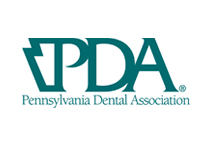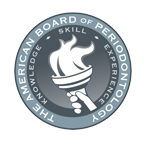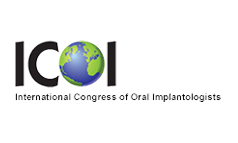Maintaining regular dental cleanings might be crucial to your general health and well-being. Actually, regular dental cleanings help avoid more severe oral health issues including gum disease and cavities, which can result in tooth loss. The secret to preserving ideal oral health is having a thorough understanding of dental cleanings and why they are so crucial. Here is all the information you require. For more info visit https://premierperiodonticspa.com/ or call us at 2679084867.
What is A dental cleaning?
Regular dental cleaning is crucial for the health of your smile, just as an annual physical is necessary for the overall well-being of your body. Its major objective is to get rid of tartar and plaque accumulation on your teeth and below the gum line to lower your risk of developing cavities, gum disease, and eventual tooth loss. Additionally, it allows your dentist and dental hygienist to check for indications of tooth decay, oral cancer, and other problems with your oral health. Scaling [a method your dentist employs to remove plaque and tartar from the root surfaces of your teeth] is used during a normal dental cleaning to remove soft and hard deposits (plaque and calculus) above, around, and just below the gum line. Depending on the condition of your teeth and gums when you arrive, this normal, non-surgical operation may take a shorter or longer amount of time. The procedure involves both a dental hygienist and a dentist. “A dental hygienist will gather the essential assessments and tell the dentist when this is finished. Anything odd that might require treatment or a referral to a specialist is what we’re searching for. Your specific situation will influence how frequently you need a dental cleaning, and your dentist will decide what’s best for you. For best dental health, dentists often advise twice-yearly cleanings, but if you show indications of gum disease, a shorter interval of every three to four months may be required.
What happens during a Dental Cleaning?
When you consider how much goes into this weekly session, the term “dental cleaning” might be a little deceiving because it involves much more than just removing plaque from your sparkling whites. A dental specialist will do a complete inspection of your mouth, surrounding face region, and neck area before starting to remove the plaque from your teeth. This involves taking your vital signs (blood pressure, pulse, respiration, and temperature), learning about your medical, social, and dental histories, screening you for oral cancer, performing a head and neck exam, and having your teeth and gums examined. X-rays might be used to discover any anomalies that would need treatment or a referral to a specialist. once all the evaluation data has been gathered. Conditions at the moment can be diagnosed. After that, a treatment strategy can be developed to meet your individual needs. Your age, present oral health, risk for illness, and any indications of oral disease will all play a role in how frequently you will require radiographs or X-rays of your smile. Cleaning can start after these evaluations and recommendations are finished. “ Plaque and calculus, two types of soft and hard deposits, are eliminated from the surfaces of your teeth. Scaling is the procedure used to accomplish this. Scaling can be done manually or using scalers powered by electricity. Your teeth are next polished with an abrasive paste to eliminate any remaining plaque and stains. Following polishing is flossing since this gritty paste has a tendency to become trapped between teeth. To help keep your teeth healthy and prevent cavities, a fluoride treatment is applied if necessary at the conclusion of the consultation.
What to expect after a Dental cleaning?
Depending on how much scaling was done and what equipment was used, your mouth may feel a little strange following a dental cleaning. When you run your tongue over your teeth, I hope you’re delighted with the soft, plaque-free sensation. For advice on what to do following your dental cleaning, see your dental hygienist. They could advise you on correct brushing and flossing techniques as well as on smoking and nutrition, all of which have an impact on your oral health. Asking about how long you should wait before eating or drinking following your session, how your mouth should feel, and when to book your next standard cleaning or specialist appointment, if required, may be beneficial.
Health benefits of Dental Cleaning
Attending your regular dental cleanings offers three major health advantages, including:
maintaining good dental health
preventing oral illnesses
Early identification of infections and illnesses of the mouth
“Those who neglect to have their regular dental cleanings run the danger of developing oral disorders including cavities and gum disease.”
Additionally, there is a close connection between systemic and dental health. For instance, a variety of health issues, such as diabetes and heart disease, have been linked to periodontal disease. Routine inspections, which often take place along with dental cleanings, are crucial since many oral malignancies may be treated if discovered early.
For more info visit https://premierperiodonticspa.com/ or call us at 2679084867.









